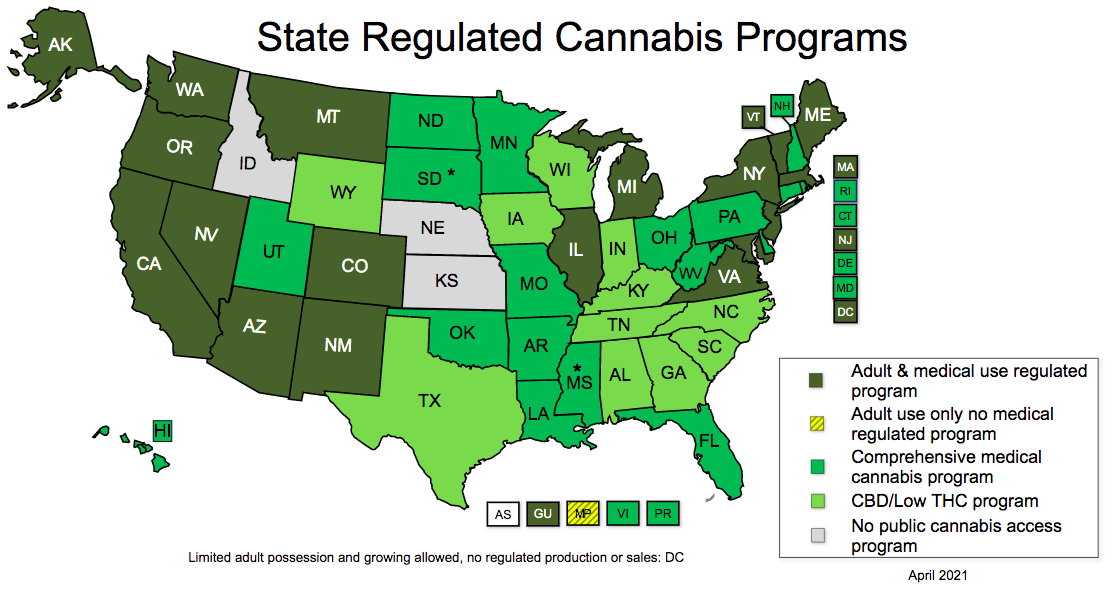
Case managers already have a complex job helping and advocating for clients as they navigate the ever-evolving health care system. However, the ongoing COVID-19 pandemic...
The United States and the world entered 2021 with high hopes for a resolution to the pandemic. Elected on a wave of frustration with the federal government’s response to coronavirus, President-Elect Joe Biden’s healthcare agenda faces an exceedingly important first 100 days in office. Alongside his new administration is a Democratic-led Congress with its own healthcare agenda, and a Supreme Court that is actively engaging with the future of the Affordable Care Act.
Joe Biden’s Healthcare Agenda
With Georgia’s Senate elections decided, Biden faces an easy path to confirmation for his picks to lead the most consequential healthcare departments in his control: the Department of Health and Human Services (HHS), the Food and Drug Administration (FDA) and the Centers for Medicare and Medicaid Services (CMS).
And, according to Drew Altman with Kaiser Family Foundation, “there are over fifty actions the Biden administration can take by executive and administrative action that can add up to significant change in health care,” affecting virtually every dimension of the health care system including COVID-19, mental health, reproductive health, and LGBTQ health.
Biden also has the opportunity to rescind several high-profile but controversial Trump Administration policies related to Medicaid, such as work requirements and block grants. A recent Health Affairs op-ed argues that “no other public program has the reach and power to affect population health that Medicaid does, particularly for historically poor and oppressed communities,” and numerous studies show that work requirements and block grants do not improve outcomes for Medicaid beneficiaries.
A Democratic Congress Prepares to Weigh In
Democrats will control not only the White House, but also both houses of Congress, the Senate and the House of Representatives. Joe Biden will rely on this control to fulfill his campaign pledge to strengthen and build upon the Affordable Care Act, which he helped to pass when he was Barack Obama’s Vice President.
It remains to be seen if House and Senate leaders will take up discussion and votes on a left-wing priority, the addition of a public insurance option often called Medicare for All. But with narrow margins of control in both houses, it is unlikely that controversial measures would make it to the President’s desk for signature, as they would have to overcome a near-certain filibuster.
We will hear more about budget reconciliation measures in 2021, as Democrats seize on procedural methods to change policy. Katie Keith, an expert on healthcare policy, recently explained in her Following the ACA column how this complex, two-step process works, and some of the policies that Democrats may change via this method.
The Supreme Court May Decide the Future of the ACA
It made some headlines late last year when the constitutionality of the Affordable Care Act (ACA) was again challenged before the Supreme Court in November. This time the challenge was brought by the State of Texas and other Republican states that alleged that the ACA became unconstitutional following the passage of other laws which nullified the core premise of the individual mandate, which requires every American to have health insurance of some kind.
According to the National Law Review, if the Court determines that the individual mandate is unconstitutional, it will also consider whether some or all of the ACA’s other provisions must be struck down along with the mandate. The ACA has proven resilient in the face of prior challenges, but this time could be different.
With a conservative majority that is assumed to be sympathetic to the challenge, many Supreme Court commentators argue that the most likely decision for the Court to reach is that the individual mandate will be ruled unconstitutional, but as a practical matter the most important aspects of the ACA would remain in force.
Innovative Support for Your Mission-Critical Interventions
Over the past decade, Activate Care has supported local and regional communities through the changes of healthcare policy. As we enter a new regulatory era, join us in renewing our commitment to achieving transformative health outcomes that last.
Come and learn about our new, national Screen-to-Intervene initiative, engaging communities in all fifty states in an effort to link systems of care around the individual patient or client, rather than just the activities of the care coordinator or case manager.
Activate Care is the only platform of its kind that has the ability to take in health-related data from any healthcare or social services system in your community, and turn that information into a personalized set of community-based interventions designed to support a person's whole set of medical, behavioral, and social needs.

Case managers already have a complex job helping and advocating for clients as they navigate the ever-evolving health care system. However, the ongoing COVID-19 pandemic...

The latest data from Pew Research is in, and the trend is clear: Americans overwhelmingly support the legalization of cannabis. The share of U.S. adults who say that...